MalCare Security Security
Get latest updates about WordPress Security, High Performance Sites, and more…
Get latest updates about WordPress Security, High Performance Sites, and more…
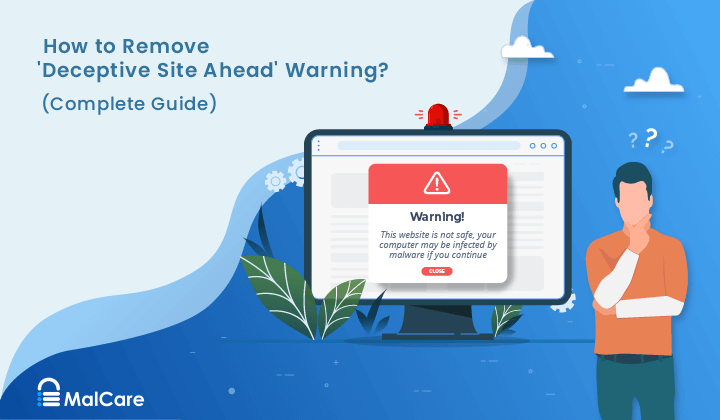
When Google shows a Deceptive Site Ahead warning to a site visitor, it means they think your website might be harmful due to malware, phishing, or other security risks. This alarming message can scare away your visitors and make your site look untrustworthy. Dealing with this problem is frustrating and time-consuming. You shouldn’t have to…
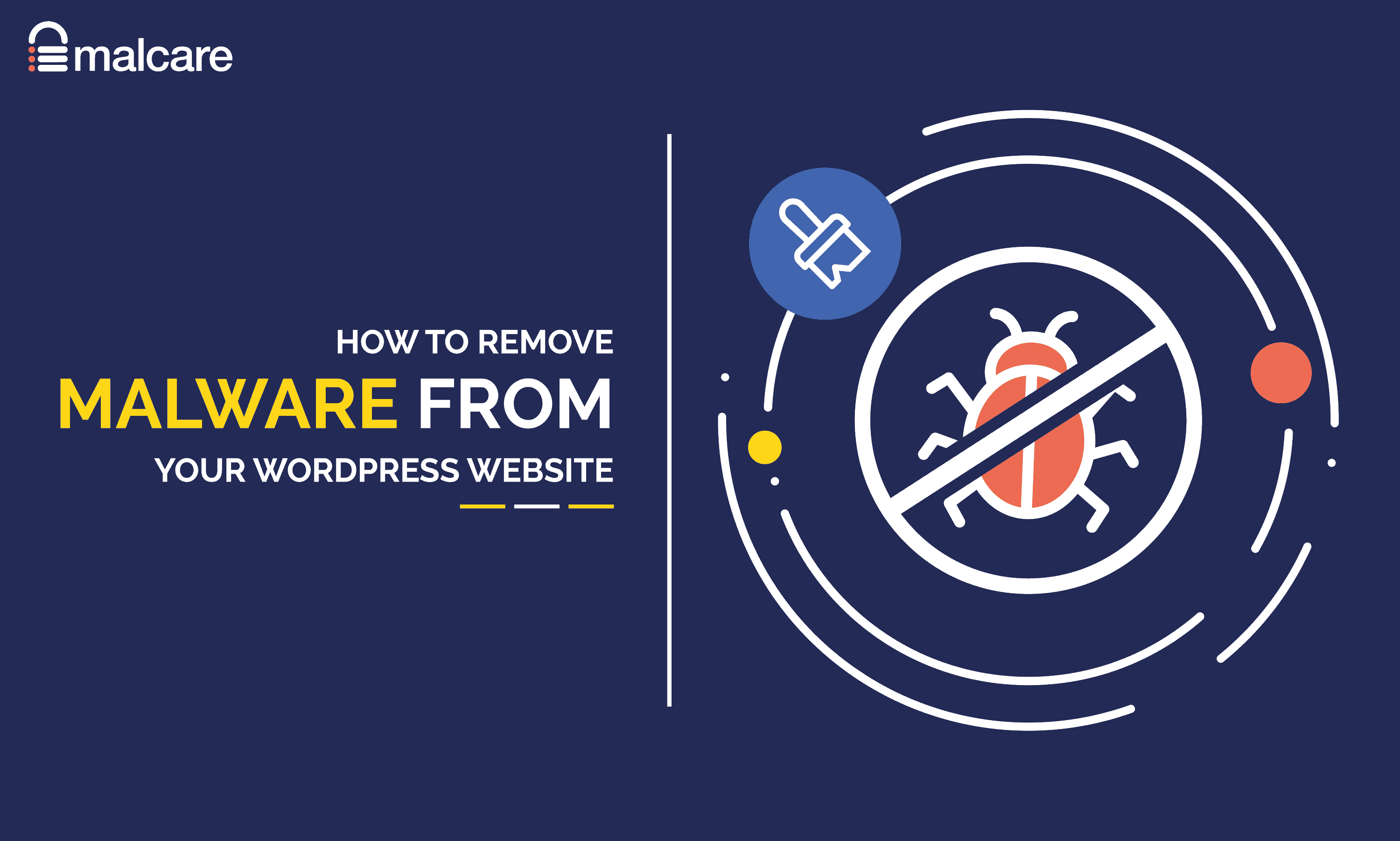
If you suspect a hack or suspicious activity on your website, it can be a nerve-wracking experience. Until you know for sure, you cannot determine the reason, nor the solution. Wondering how to remove malware from WordPress site? Do not worry, we will help you clean malware from WordPress, determine the cause, and save you…
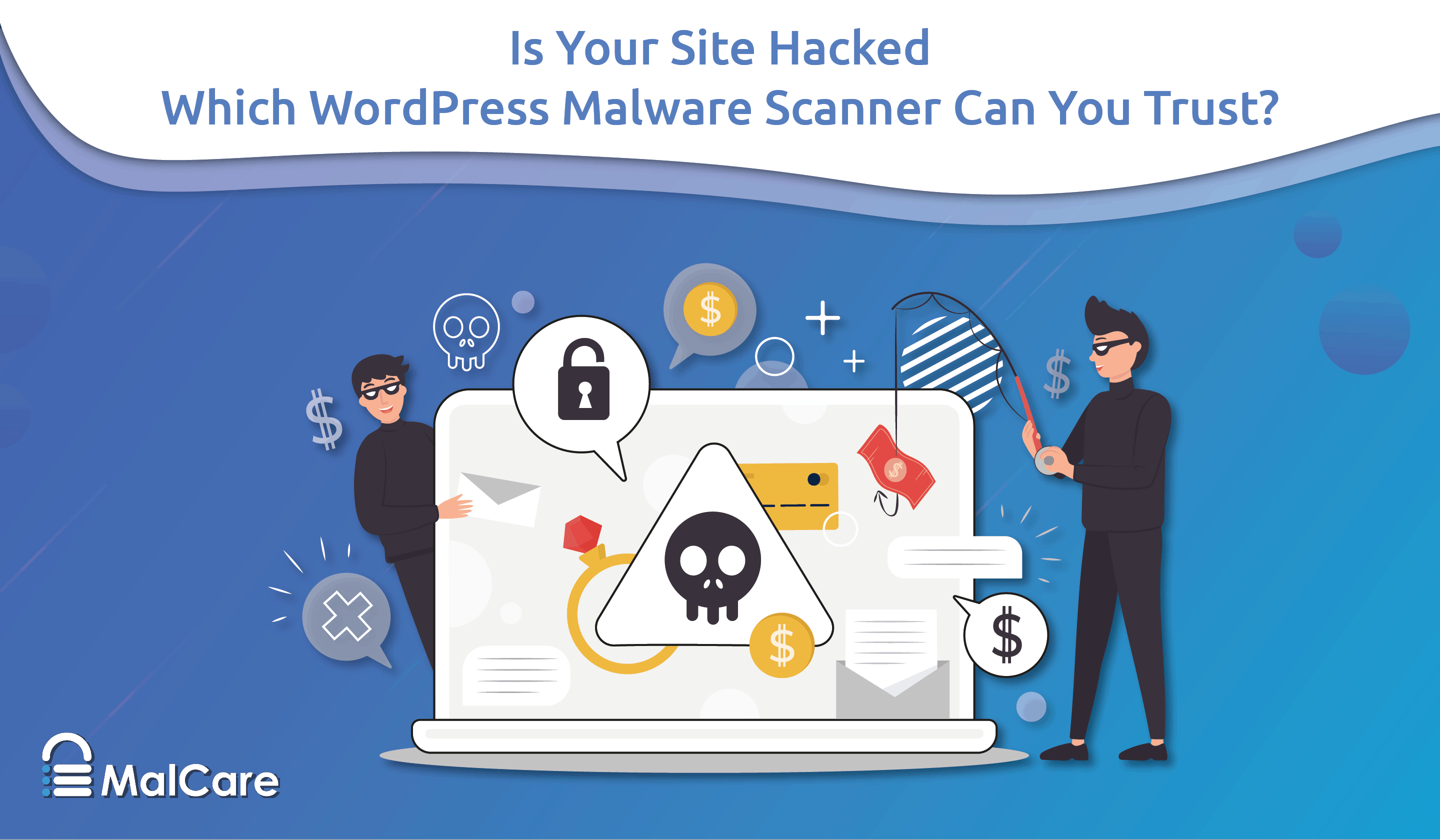
Protecting your WordPress site from non-stop malware threats can be tough. It’s even harder when your current scanner misses some malware on sites that are clearly hacked. If you’re on shared hosting, you face even more risk because these servers are often an easy target. And if all that wasn’t enough, most web hosts don’t…
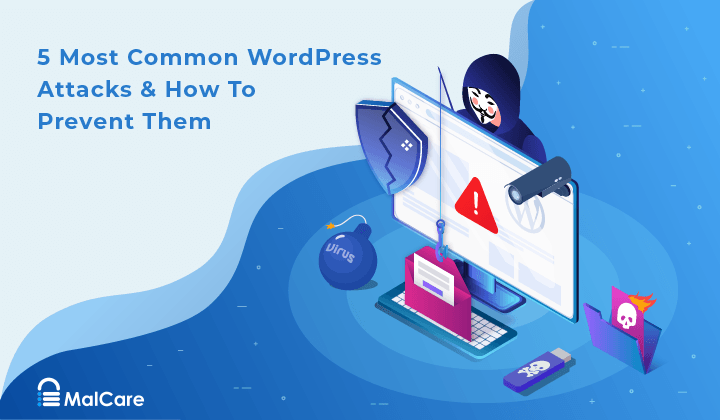
WordPress is susceptible to various types of cyber attacks, and a big facet of WordPress security is understanding what exactly you are up against. If your site is exhibiting strange behaviors, it is well worth taking a minute to scan your site for malicious scripts. From brute force assaults to SQL injections, these threats can…
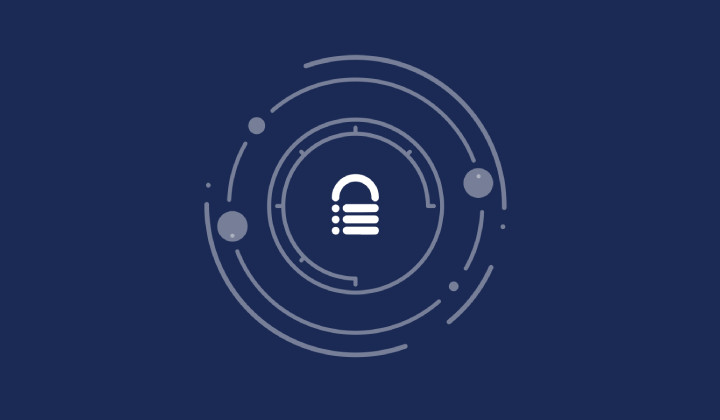
An SSL certificate is a reassuring sign that your WordPress website is secure and trustworthy. Installing an SSL certificate is the first step towards protecting the exchanges between your users and your website. However, it all comes to naught if the certificate is not configured correctly on your website. This is where the SSL plugin…

Most web hosts will provide WordPress sites with free SSL certificates, however, there are still those that don’t. In those cases, what do you do? Alternatively, you’ve recently learned that there are levels of SSL certificates, and perhaps your business needs to convey to customers that it is ultra secure about handling communication. Since your…
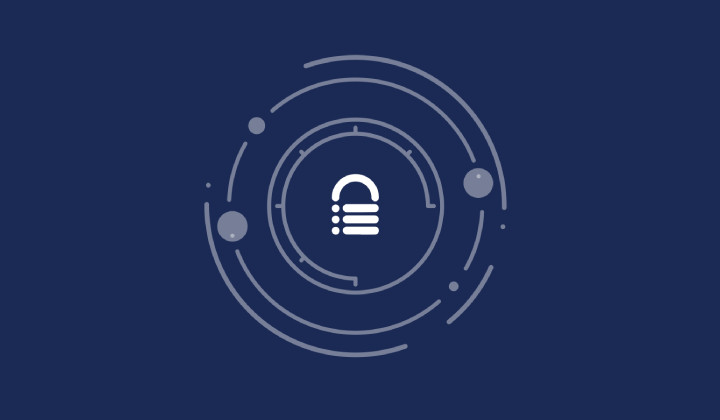
Repeated spikes in traffic are not always a good thing for WordPress sites. On the one hand, it could mean that new visitors are finding your site. However, it could well be more sinister, like an attack. Perhaps your site is getting an unprecedented amount of traffic, and your site is becoming sluggish in response….

Are you seeing a mixed content warning on your WordPress site? Has your browser blocked access to your site due to a mixed content error? The mixed content warning is a common issue that affects a lot of websites. It is caused by your site loading some content over unsecured HTTP connections while the site…

If we were to ask you, which of these people had a secure site, what would your answer be? Are they all right? Are some of them right? Are a combination of them right? Who should you listen to, to secure your site, data, visitors, customers, revenue, etc? Unfortunately, if you answered A? Wrong answer. If…

Restricting admin access on WordPress is an important login security measure that we use to reduce unauthorized access to your website pages or posts. There are several reasons why you would want to do this. Hackers can use privilege escalation to gain access to core site functions like plugin installs. This makes it important to…
End of content
End of content
Copyright 2023 Malcare. All Rights Reserved.
We’re Here To Help You Succeed. Drop Us A Line And We’ll Get Back To You Shortly.

Copyright 2023 Malcare. All Rights Reserved.
We use cookies to provide and improve our services. By using our site, you consent to cookies. Learn More
We use cookies to provide and improve our services. By using our site, you consent to cookies. Learn More ->